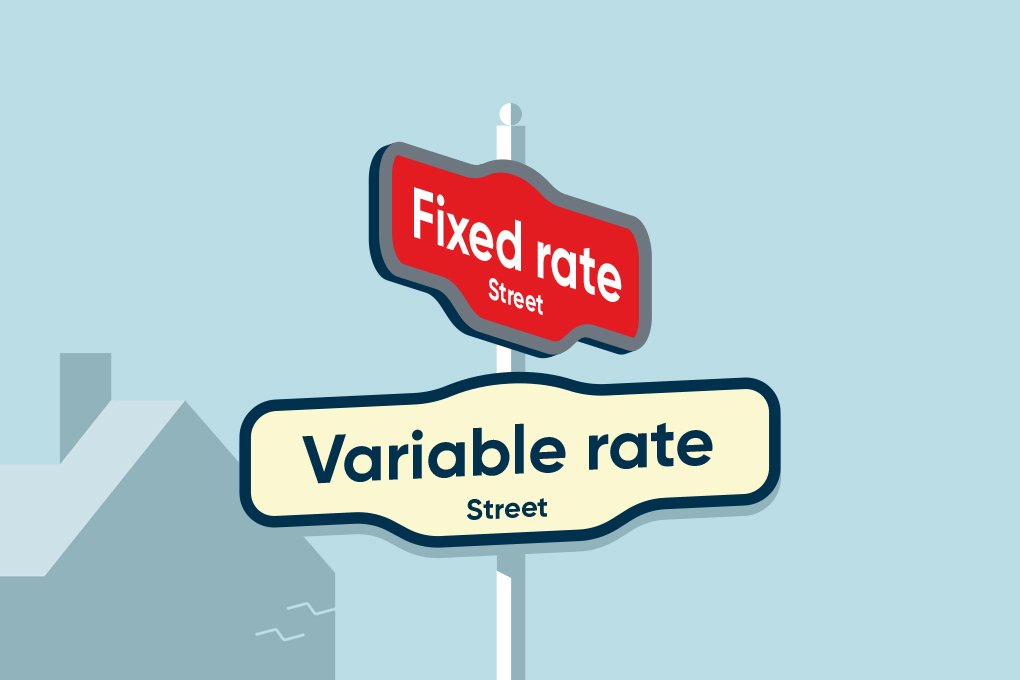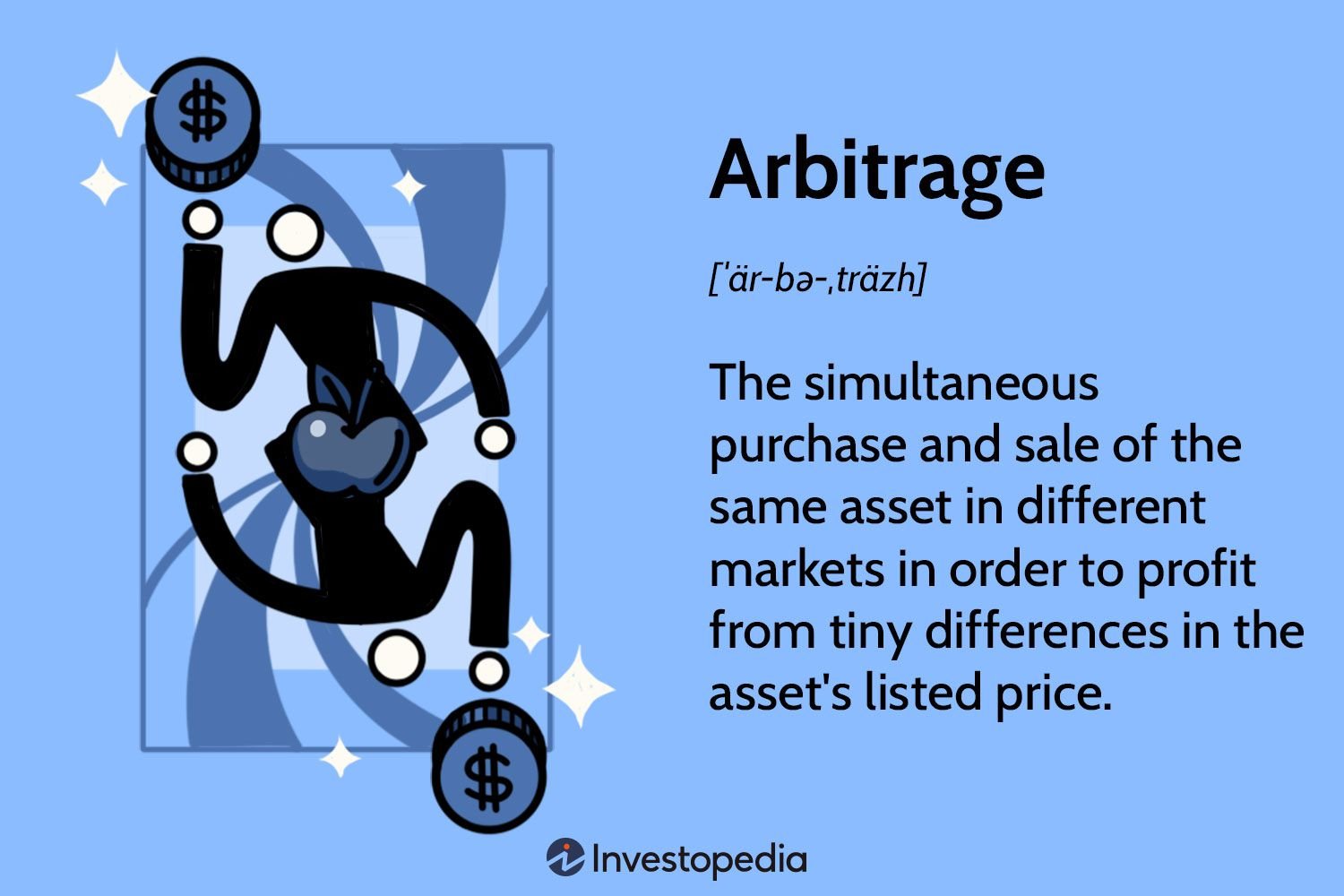Trying to navigate health insurance as a self-employed individual can be a daunting task. But fear not! We have the solution. In this article, we will guide you through the ins and outs of finding the right health insurance coverage for individuals like yourself who work for themselves. Whether you’re just starting out on your entrepreneurial journey or have been self-employed for years, understanding and securing the right health insurance is crucial for your well-being and peace of mind. So, let’s dive into the world of navigating health insurance for self-employed individuals and discover how you can protect yourself and your business.
Navigating Health Insurance for Self-Employed Individuals
Being self-employed comes with many advantages, such as the freedom to choose your own projects and work on your own terms. However, one challenge that self-employed individuals often face is finding and navigating health insurance options. Without the support of an employer-sponsored plan, it can be overwhelming to determine the best coverage for your needs. In this article, we will provide a comprehensive guide to help you navigate the world of health insurance as a self-employed individual. From understanding the basics of health insurance to exploring different options available to you, we will equip you with the knowledge needed to make informed decisions about your healthcare coverage.
The Basics of Health Insurance
Before diving into the specifics of health insurance for self-employed individuals, it’s important to have a clear understanding of the basics. Here are some key terms and concepts to familiarize yourself with:
- Premium: This is the amount you pay to the insurance company on a regular basis (typically monthly) to maintain your coverage.
- Deductible: The deductible is the amount you must pay out of pocket for covered services before your insurance starts to pay.
- Co-pay: A co-pay is a fixed amount you pay for certain medical services or prescription drugs at the time of the visit.
- Co-insurance: Co-insurance is the percentage of costs you are responsible for paying after you’ve met your deductible.
- Out-of-pocket maximum: This is the maximum amount you will have to pay for covered services in a given year. Once you reach this limit, your insurance will cover 100% of the costs.
- Network: Health insurance plans often have a network of healthcare providers that offer services at lower rates. It’s important to understand the network restrictions of your plan.
Evaluating Your Healthcare Needs
When it comes to selecting health insurance as a self-employed individual, it’s essential to evaluate your healthcare needs and consider the coverage you require. Here are some factors to consider:
- Medical history: Take into account your medical history and any ongoing conditions that require regular care or medications.
- Family members: Consider whether you need coverage for dependents or if you are the sole person needing insurance.
- Risk tolerance: Assess your risk tolerance for potential medical expenses. If you prefer a safety net for unexpected health issues, you may opt for a plan with lower deductibles and co-pays.
- Budget: Determine how much you can comfortably allocate towards health insurance premiums and potential out-of-pocket costs.
- Preferred healthcare providers: If you have specific doctors or hospitals that you prefer, ensure they are included in the network of any plan you consider.
Exploring Health Insurance Options
As a self-employed individual, you have several options when it comes to health insurance. Here are the most common options worth exploring:
1. Individual Health Insurance Plans
Individual health insurance plans are policies that you purchase directly from insurance companies or through the Health Insurance Marketplace. These plans provide coverage for individuals and families and come in different tiers, such as bronze, silver, gold, and platinum. They vary in terms of premiums, deductibles, and level of coverage.
When considering individual health insurance plans, it’s crucial to compare different options, taking into account the level of coverage, network restrictions, and cost. Additionally, check if you qualify for any subsidies through the Health Insurance Marketplace based on your income.
2. Health Savings Accounts (HSAs)
A Health Savings Account (HSA) is a tax-advantaged savings account that allows you to set aside money to pay for qualified medical expenses. HSAs are available to individuals with high-deductible health plans (HDHPs). As a self-employed individual, contributing to an HSA can provide tax advantages and help you save for medical costs, including deductibles, co-pays, and prescriptions.
3. Group Health Insurance
While traditional employer-sponsored group health insurance is not an option for self-employed individuals, there are alternative ways to access group health insurance. Professional associations, trade organizations, and chambers of commerce sometimes offer group health insurance plans to their members. Joining these organizations can give you access to more affordable group health insurance plans.
4. Spouse’s Employer-Sponsored Plan
If your spouse or partner has access to an employer-sponsored health insurance plan, you may be eligible to join their plan. This option can provide you with coverage under your spouse’s employer, potentially offering more comprehensive benefits and lower costs compared to individual plans.
5. Medicaid and CHIP
If your income falls below a certain threshold, you may qualify for Medicaid or the Children’s Health Insurance Program (CHIP). These programs provide free or low-cost health coverage to eligible individuals and families. Check the income guidelines in your state to see if you qualify for these government-funded programs.
Understanding Terms and Coverage
When comparing different health insurance options, it’s essential to understand the terms and coverage offered. Some key elements to consider include:
- Preventive care: Look for plans that cover preventive services, such as vaccinations, screenings, and annual check-ups without requiring you to meet your deductible.
- Prescription drugs: Evaluate the prescription drug coverage and make sure your regular medications are included in the plan’s formulary.
- Specialist coverage: If you have ongoing medical conditions that require specialist care, ensure the plan you choose provides coverage for these services.
- Emergency care: Understand the coverage for emergency services and whether it includes both in-network and out-of-network care.
- Mental health and substance abuse: Consider the coverage for mental health services and substance abuse treatment, as these are essential aspects of comprehensive healthcare.
Cost Considerations and Tax Implications
As a self-employed individual, managing costs is a crucial aspect of navigating health insurance. Here are some cost considerations and tax implications to keep in mind:
- Premiums: Compare premiums across different plans to find an option that fits your budget. Remember that lower premiums may come with higher deductibles and co-pays.
- Deductibles and co-pays: Consider how much you are comfortable paying out of pocket before insurance kicks in and the amount you are willing to pay for each medical service.
- Tax deductions: If you are self-employed and not eligible for subsidized coverage, you may be able to deduct your health insurance premiums as a business expense on your tax return. Consult a tax professional to understand the specific requirements and eligibility criteria.
- Healthcare expenses: Keep track of all your healthcare expenses, including premiums, co-pays, and deductibles, as they may be eligible for tax deductions or reimbursements through an HSA.
Seeking Professional Assistance
Navigating health insurance as a self-employed individual can be complex and overwhelming. If you find yourself struggling to understand the options or determine the best coverage for your needs, consider seeking professional assistance. Insurance brokers, financial advisors, or healthcare consultants can provide valuable guidance and help you find the right health insurance solution based on your unique circumstances.
Finding the right health insurance coverage as a self-employed individual may seem like a daunting task, but with a clear understanding of the basics and an evaluation of your healthcare needs, you can make informed decisions. Explore different options, compare coverage and costs, and consider seeking professional assistance when needed. By taking the time to navigate health insurance effectively, you can ensure that you have the coverage you need to protect your health and well-being.
How To Get Better Health Insurance If You're Self Employed | TIPS TO SAVE ON YOUR MEDICAL EXPENSES
Frequently Asked Questions
Frequently Asked Questions (FAQs)
What is health insurance for self-employed individuals?
Health insurance for self-employed individuals is a type of insurance coverage specifically designed to provide health benefits to individuals who work for themselves and do not have access to employer-sponsored health insurance plans. It allows self-employed individuals to have financial protection against medical expenses and access to healthcare services.
Why do self-employed individuals need health insurance?
Self-employed individuals need health insurance for several reasons. Firstly, it provides financial protection in the event of unexpected medical expenses, which can be substantial. Additionally, having health insurance ensures access to necessary healthcare services and preventive care, helping to maintain overall well-being. It also offers peace of mind by reducing the financial burden associated with medical emergencies.
What types of health insurance options are available for self-employed individuals?
Self-employed individuals have several health insurance options available to them. They can choose to purchase individual health insurance plans, join a spouse’s employer-sponsored plan, or explore health insurance marketplaces established by the government. Additionally, they may be eligible for membership-based health coverage or professional association health plans.
How can I find affordable health insurance options as a self-employed individual?
To find affordable health insurance options, self-employed individuals can start by researching and comparing different insurance providers and plans. It is beneficial to consider factors such as premiums, deductibles, copayments, and coverage limits. Utilizing health insurance marketplaces or seeking assistance from insurance brokers can help in identifying cost-effective options tailored to individual needs.
Can I deduct health insurance premiums as a self-employed individual?
Yes, self-employed individuals can generally deduct health insurance premiums for themselves, their spouses, and any dependents. These deductions are considered an above-the-line deduction, meaning they can be claimed regardless of whether the individual itemizes deductions or takes the standard deduction on their tax return. It is advisable to consult with a tax professional to understand specific eligibility criteria and requirements.
How does the Affordable Care Act (ACA) affect health insurance for self-employed individuals?
The Affordable Care Act (ACA) has impacted health insurance for self-employed individuals by implementing various consumer protections and creating access to more comprehensive coverage. Under the ACA, self-employed individuals can no longer be denied coverage or charged higher premiums based on pre-existing conditions. The ACA also established health insurance marketplaces where self-employed individuals can compare and purchase plans, with some potentially qualifying for subsidies based on income.
What is a Health Savings Account (HSA) and can self-employed individuals utilize it?
A Health Savings Account (HSA) is a tax-advantaged savings account available to individuals enrolled in a high-deductible health insurance plan. Self-employed individuals can utilize HSAs to save money for qualified medical expenses. Contributions to an HSA are tax-deductible, and withdrawals for eligible medical expenses are tax-free. HSAs provide a way for self-employed individuals to save for healthcare costs while also offering potential tax advantages.
Should self-employed individuals consider purchasing additional coverage beyond basic health insurance?
The need for additional coverage beyond basic health insurance depends on the individual’s circumstances and preferences. Self-employed individuals may consider purchasing supplemental insurance such as dental, vision, or disability coverage to address specific healthcare needs. It is essential to evaluate priorities, potential risks, and financial capabilities when deciding on additional coverage options. Consulting with an insurance professional can provide guidance in determining the most suitable coverage choices.
Note: The above questions and answers provide general information and should not be considered as professional advice. It is recommended to consult with insurance experts or professionals regarding individual health insurance needs and requirements.
Final Thoughts
Navigating health insurance for self-employed individuals can be a complex and overwhelming process. However, by understanding your options and taking proactive steps, you can secure suitable coverage for your needs. Start by researching different insurance providers and their plans, comparing costs, benefits, and networks. Look for plans that offer comprehensive coverage, including primary care, specialists, and prescription medications. Additionally, consider joining professional associations or organizations that offer group health insurance plans for self-employed individuals. Finally, remember to regularly review and reassess your health insurance needs as your circumstances and requirements may change over time. With careful planning and informed decision-making, you can successfully navigate the world of health insurance as a self-employed individual.



